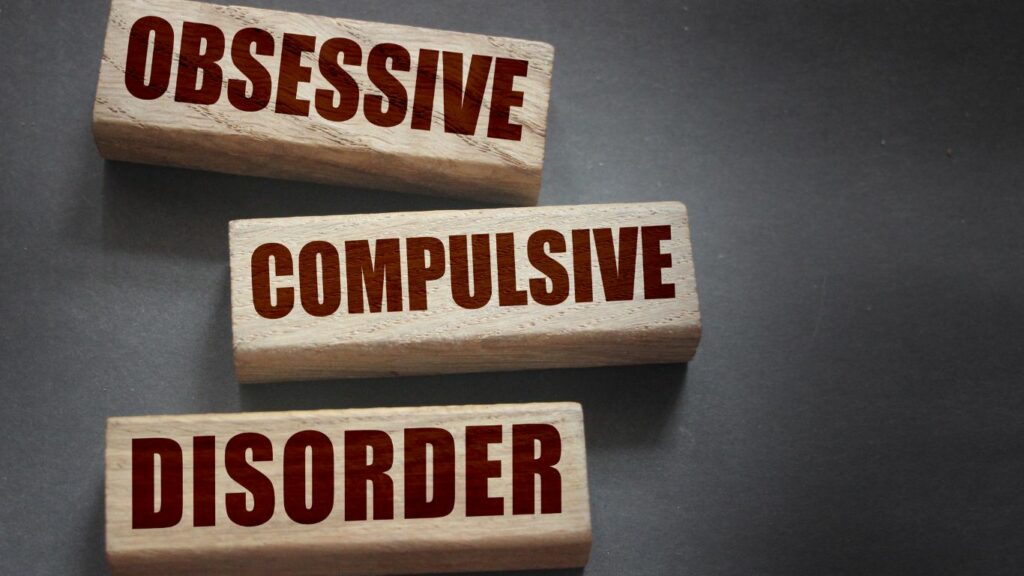Obsessive Compulsive Disorder and Addiction: What’s the Connection?

Is OCD a Form of Addiction?
You may be surprised to learn that the more studies that are done, the more that they show that there is a connection between OCD and addiction. Obsessive Compulsive Disorder, also known as OCD, is categorized as an anxiety disorder. Due to this anxiety disorder, a person develops repetitive behaviors as a way to help calm their anxiety and OCD obsessions. To a person that is not familiar with symptoms of OCD, these obsessions could seem like addictive behaviors. However, there is a difference when it comes to addiction vs OCD.
What’s The Difference Between Addiction and Obsessive-Compulsive Disorder?
There is a unique distinction between addiction vs. an individual with OCD. The immediate distinction revolves around the effect of compulsion vs addiction. Once substance abusers engage in their drug addiction or alcohol addiction, they will feel a sense of pleasure from it. Substance use disorders result in some type of euphoria effect which is one of the reasons why an individual continues to do it even though that euphoric effect often comes with negative consequences. However, an individual that has OCD is engaging in repetitive behaviors as a way to primarily calm their anxiety. Therefore, they don’t necessarily enjoy that euphoric effect.
What are Compulsive Behaviors in Addiction?
As a result of their addiction, it’s possible that a person could also develop certain compulsive behaviors. For instance, they may develop routines and rituals which revolve around using their substance of choice at a certain time each day. The extent of the compulsion versus the extent of the addiction is something that your addiction treatment team will look at in close detail when you’re ready to reach out for help.
Are People with OCD More Likely to Get Addicted?
There are many people that use addictive substances as a way to try to offset the difficulties that they are experiencing as a result of obsessive compulsive disorder. They mistakenly believe that if they can experience a sense of happiness through their substance of choice, that they will be able to better manage their life all around. The result, however, is that their life could begin to fall apart even faster. Once addiction sets in, a person with OCD may notice that the symptoms of their OCD only continue to get worse or they may begin to experience other mental health concerns.
Are “Obsessed” and “Addicted” The Same Thing?
As you can see, people with OCD and substance abusers suffer from two different, albeit challenging mental health issues. Therefore, being obsessed with something versus being addicted to a substance are two different things. At Quantum, our addiction treatments are specifically tailored to people that come from all walks of life. As mental health professionals, we are dedicated to helping people who seek treatment to address their addiction as well as their obsession and compulsion behaviors. We have help people from all walks of life to overcome their addiction so that they can have the best quality of life.
The first step in the process is to reach out to our dedicated intake team. They will help to guide you through the process of registering from one of our addiction treatment programs and assist you in answering any of the questions or concerns that you may have when it comes to addiction recovery. Regardless of whether you’ve struggled with drug addiction, alcohol addiction or some other form of mental health issues, you can take comfort in the fact that our team will be there with you as you begin to take these new and healthy steps in your life. Get in touch with us today at (609) 993-0733 for more information about our treatment programs.